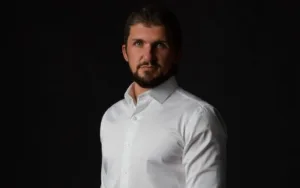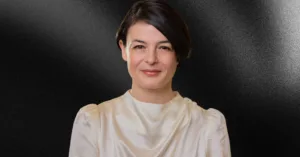Older family members may perceive younger family members as entitled, disrespectful of the work that went into building the family’s legacy, and overconfident in their zeal for change. At the same time, younger family members may perceive older family members as dismissive, living in the past, and overly leery of change.
Consider, for example, a family in the midwestern United States whose fortune was made in the oil and gas business. The older generation is focused on exploring new formations and extraction techniques to ensure that the business’ reserves last well into the future. At the same time, some in the younger generation are focused on exploring alternative sources of energy as hedges against inventory depletion, while others have even voiced moral concerns about staying in the fossil-fuel industry long-term because of its impact on the environment and climate.
With all of the aforementioned intergenerational perceptions present, the long-term future of this family’s business—and more importantly, of the relationships between some of the family members—are on rocky ground. To get this family to a place where the business and the relationships can thrive, the first step is to develop a shared vision of a future in which all involved family members can be proud participants. The development of such a vision will require mutual acceptance and respect.
The older generation has to accept that in every institution—be it a family, a business, or a philanthropic foundation—there likely will come a time when its practices need updating. At the same time, the younger generation has to accept that, while practices may change with time, certain foundational principles are relatively timeless and well worth preserving.
There has to be respect both for principles to which the older generation holds dear and for practical innovation to which the younger generation is more open.
The aforementioned family’s shared vision could, for example, involve a multi-modal energy-production business which continues to produce hydrocarbons for the foreseeable future but which strives to set the regional industry standard for environmental-impact minimization and which increasingly expands into wind, possibly ethanol, and other alternative energy sources. And if a particular family member remains morally uncomfortable working in that business, then perhaps he or she could work exclusively in the family’s philanthropic foundation instead.
Once a shared vision exists, if it involves family members actively carrying on the family’s business and philanthropic endeavors, an intergenerational transfer of knowledge has to occur. The older generation can’t live and lead forever, so progress necessitates that the younger generation accept progressively greater responsibility. At the same time, the younger generation has to respect the necessity and the source(s) of the knowledge that got the family to the point where its proverbial torch could be passed with a reasonable chance of staying lit.
Yes, these things are easier written than done—in practice, the development of a shared vision, the transfer of knowledge, and other intergenerational tasks like succession, estate, and legacy planning can be quite challenging. The good news is that they can be facilitated by objective expert assistance, which can turn challenges into opportunities to transform families and family businesses for the better, to build greater intergenerational understanding, respect, and pride, and ultimately to strengthen intergenerational bonds.
Author Bio: Brian Russell, PhD, JD, MBA, is a world-renowned relationship expert who also has an extensive background in law and business, which makes him ideally suited to help high-net-worth clients whose family dynamics impact the management of their assets and/or the planning of their estates. If his face or name seems familiar, you may have caught his TV show about disastrously-dysfunctional families which has been watched by millions on Investigation Discovery and affiliated networks worldwide since 2012, or you may have caught him as a recurring guest expert on “Dr. Oz,” SiriusXM satellite radio, or numerous other news and talk networks and shows. You may also have come across his book on entitlement—how to avoid or stop promoting it and how to promote personal responsibility and gratitude instead—or one of his numerous articles in periodicals like Family Business Magazine. Dr. Russell is based in the midwestern United States but offers family-dynamics advice to high-net-worth clients and to their financial and legal advisors worldwide. Whether they’re dealing with intergenerational family-business issues like succession planning around differing visions of the future, or legal issues like estate-planning around complex family structures or impaired heirs, he wants to put his multidisciplinary expertise and experience at their service. To learn more about him and his work, please visit familywealthnavigator.com.




